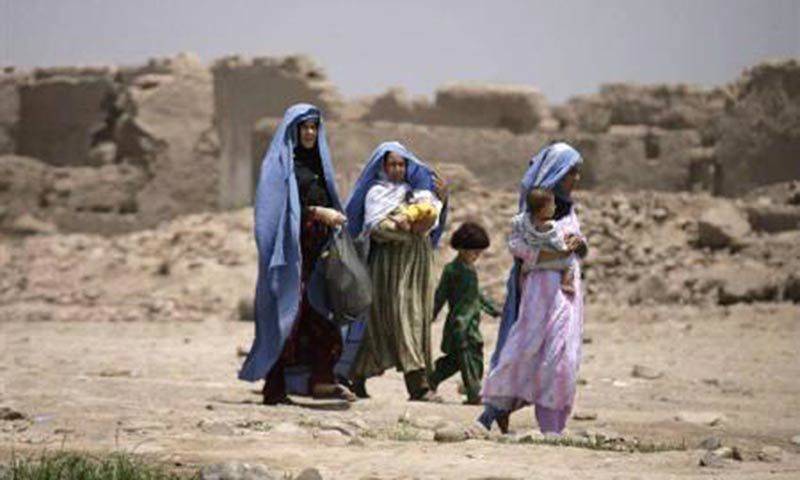Anyone who has lived in KPK after the first wave of the influx of Afghan refugees in the 1980’s is well acquainted with the commonly-held belief of their perceived misdemeanours on this side of the border. This widespread stereotype has now been conclusively proven as false, with a study highlighting that Afghan refugees form only 1% on the offenders list in major crimes, or offences deemed heinous.
Over the course of two years (between 2014 and 2016), Afghan refugees were involved in only 134 major crimes. When one takes the total major crimes committed in this period – 10,549 cases in total – this begins to look like a negligible amount.
Civil law enforcement agencies have used the stereotype in the past to marginalise the refugees and use greater force against them, claiming that they contribute anywhere from 15-30% of the total major crimes committed in the province, but simply pinning the blame on the ‘outsider’ is a way of shirking duty on the part of law enforcement agencies.
Not only that, but the (perceived) increase in crime as a result of the refugees has been used as an argument to send them back to Afghanistan. Pakistan has been a good host for the most part, in terms of allowing the vast number of refugees to find shelter in the country, but the people could do a bit more by not looking at Afghan refugees as outsiders and perpetrators of crime, especially when there is proof to the contrary. Our ‘guests’ have been mostly benign visitors, and the time spent here will elicit mixed reviews. Now that Afghan refugees are on their way back – with some hastening this process on account of the harassment they have started to face in increasing frequency – both the government and the people of Pakistan should remember the enormous sacrifices made by all those that left their homes, livelihoods and families behind in the bid to survive, and be gracious hosts for a little while longer.






